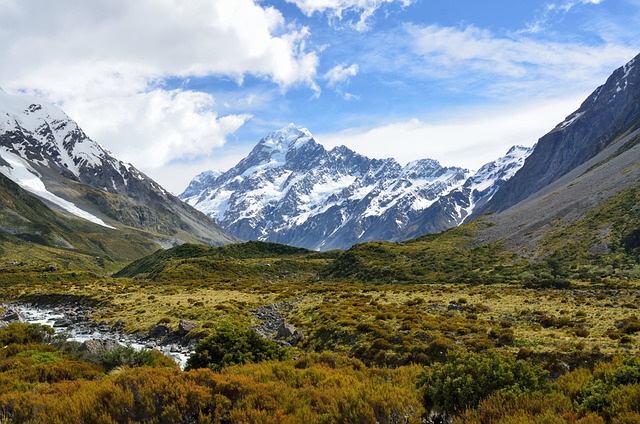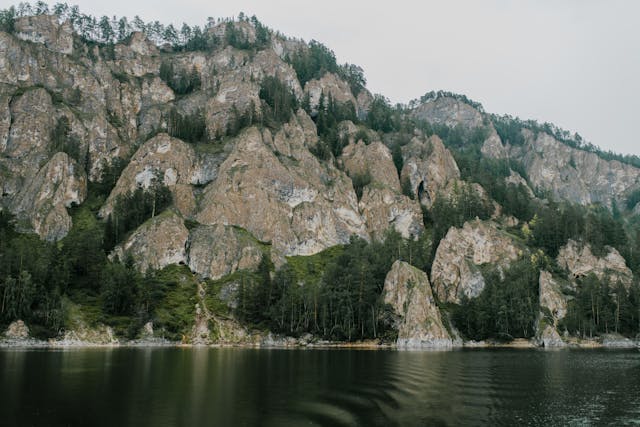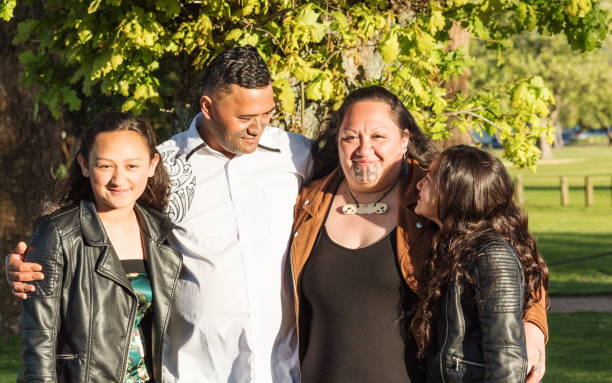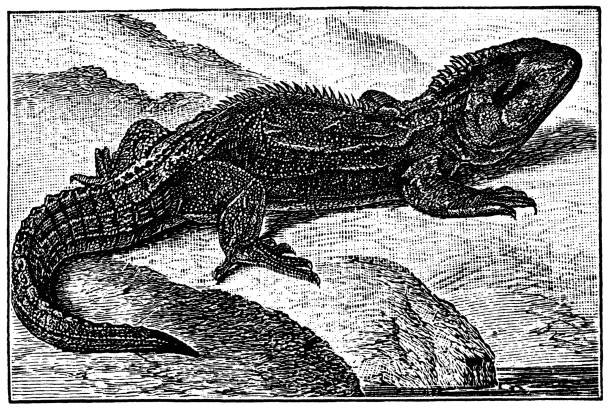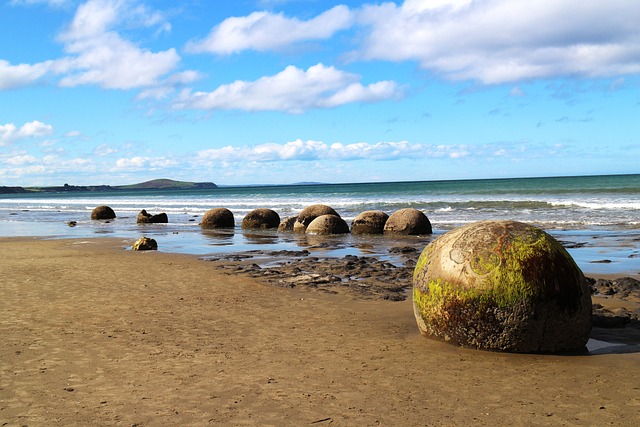Waimārama Māori Tours are proud to support Te Taura Whiri i te Reo Māori initiative of Te Wiki o te Reo Māori, Māori Language Week. Recently we attended the New Zealand Cruise Association Conference which has inspired our latest series of videos. Working alongside Dr Sir Tīmoti Kāretu and Jeremy Tātere McLeod, we have translated some of the common industry words or phrases. We hope that these videos will provide all who work within the Tourism Industry with the confidence to begin using these words.
The Spirit of Te Reo Māori
To grasp the essence of te reo Māori, one must understand its cultural underpinnings. Language is much more than a system of communication; it encapsulates a worldview, expressing a community’s relationship with the environment, history, and spirituality. Te reo Māori is no exception, serving as a conduit for Māori values such as whanaungatanga (kinship), manaakitanga (hospitality), and kaitiakitanga (stewardship of the environment).
Here, the significance of te wiki o te reo Māori lies in its power to bring these values to light, urging people to reflect on how they can embody them in their everyday interactions. Walk into schools, workplaces, or public arenas teeming with newly learned Māori phrases, and you’ll see not just words, but the heart of a culture being embraced and perpetuated.
Break Down the Barriers: Learning Te Reo Māori
Māori Language Week is a call to action, a beckoning to both Māori and non-Māori New Zealanders to break the linguistic barriers and engage with te reo. But learning a language is not just about passive absorption of vocabulary. It’s an active engagement with grammar, syntax, and, crucially, with the community that speaks it.
For language learners, Māori Language Week can mark the beginning of a lifelong pursuit. There are multiple avenues for learning, from formal classes to online resources, each offering a different perspective on the language. The key is consistency—a little practice every day goes a long way in making te reo a part of one’s mental furniture.
Te Reo Māori in Popular Culture
Māori Language Week also showcases the increasing presence of te reo Māori in popular culture. From music to film, from poetry to visual art, Māori language and motifs are assimilated into the wider New Zealand identity. By becoming a part of the creative expression, te reo Māori gains visibility and desirability, further breaking down the barriers and stigmas associated with indigenous languages.
Artists like Tiki Taane, Katchafire, and Moana Maniapoto have been instrumental in popularizing songs in te reo, making them chart-toppers and ambassadors of the language. Similarly, films like “Once Were Warriors” and “Dead Lands” have featured Māori dialogue, adding authenticity and depth to their narratives. Each cultural product becomes a stepping stone for the language, inviting the audience to engage with it in a meaningful way.
Sustaining the Momentum Beyond Te Wiki o Te Reo Māori
The challenge for te reo Māori advocates is to ensure that this momentum lasts beyond Māori Language Week. The language must be afforded the same status as English, with equal opportunities for learning and application. This requires institutional support in education, government, and the media.
New Zealanders can do their part by incorporating te reo Māori into their daily lives in small, meaningful ways. Greeting friends with a “kia ora” or counting their change with Māori numerals may seem inconsequential, but it’s the accumulation of these moments that can lead to a seismic shift in language usage.
Conclusion
Te wiki o te reo Māori is more than an event—it’s an invitation to join a movement of linguistic and cultural revitalization. By understanding the deeper meanings and integrating te reo into our lives, we enrich our society and pay homage to the Māori people. It’s about time we all said “kia kaha” (be strong) to te reo Māori; in doing so, we recognize its importance and commit to its ongoing survival. As a language, as a culture, and as a people, te reo Māori deserves to be celebrated every week, every day, and in every way possible.
FAQ
Te Reo Māori is not only a crucial aspect of New Zealand’s cultural heritage but also represents the unique identity and values of the Māori people. Learning and using te reo fosters understanding, respect, and inclusion for Māori perspectives and traditions in broader New Zealand society.
Beginners can start learning Te Reo Māori through a variety of resources, including online courses, mobile apps, community classes, and educational programs. Immersing yourself in Māori media, such as radio stations and TV programs, can also be helpful.
Absolutely, non-Māori New Zealanders are encouraged to learn and speak te reo Māori. It’s a step towards honoring the country’s dual heritage and contributes to a shared national identity.
Some basic phrases include “Kia ora” (Hello), “Kia ora tātou” (Hello everyone), “Mōrena” (Good morning), “Ka kite anō” (See you again), and “Nga mihi” (Thank you).
Incorporate te reo by starting with simple greetings, numbers, and names of everyday items. Label household items with their Māori names, listen to Māori music, or attend local Māori community events to immerse yourself in the language and culture.
Measures to preserve te reo include its recognition as an official language of New Zealand, the establishment of Māori language schools (kura kaupapa Māori), dedicated Māori media (television and radio), and various government and community initiatives aimed at revitalizing the language.
Te Wiki o Te Reo Māori serves as a focal point for raising awareness, celebrating te reo, and encouraging both Māori and non-Māori New Zealanders to engage with the language. It aims to create a national dialogue about the importance of language preservation and cultural identity.
